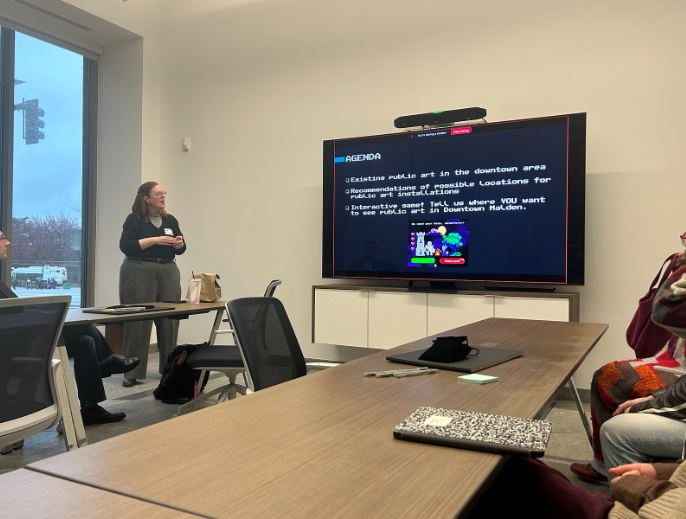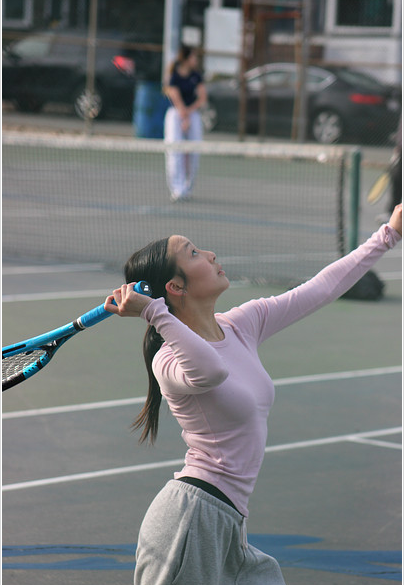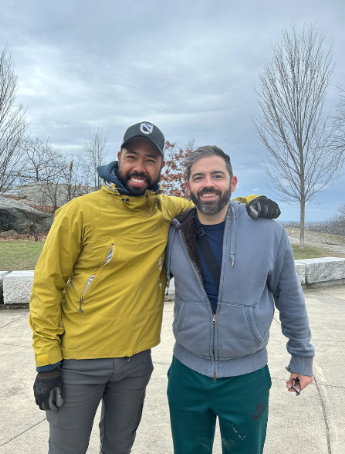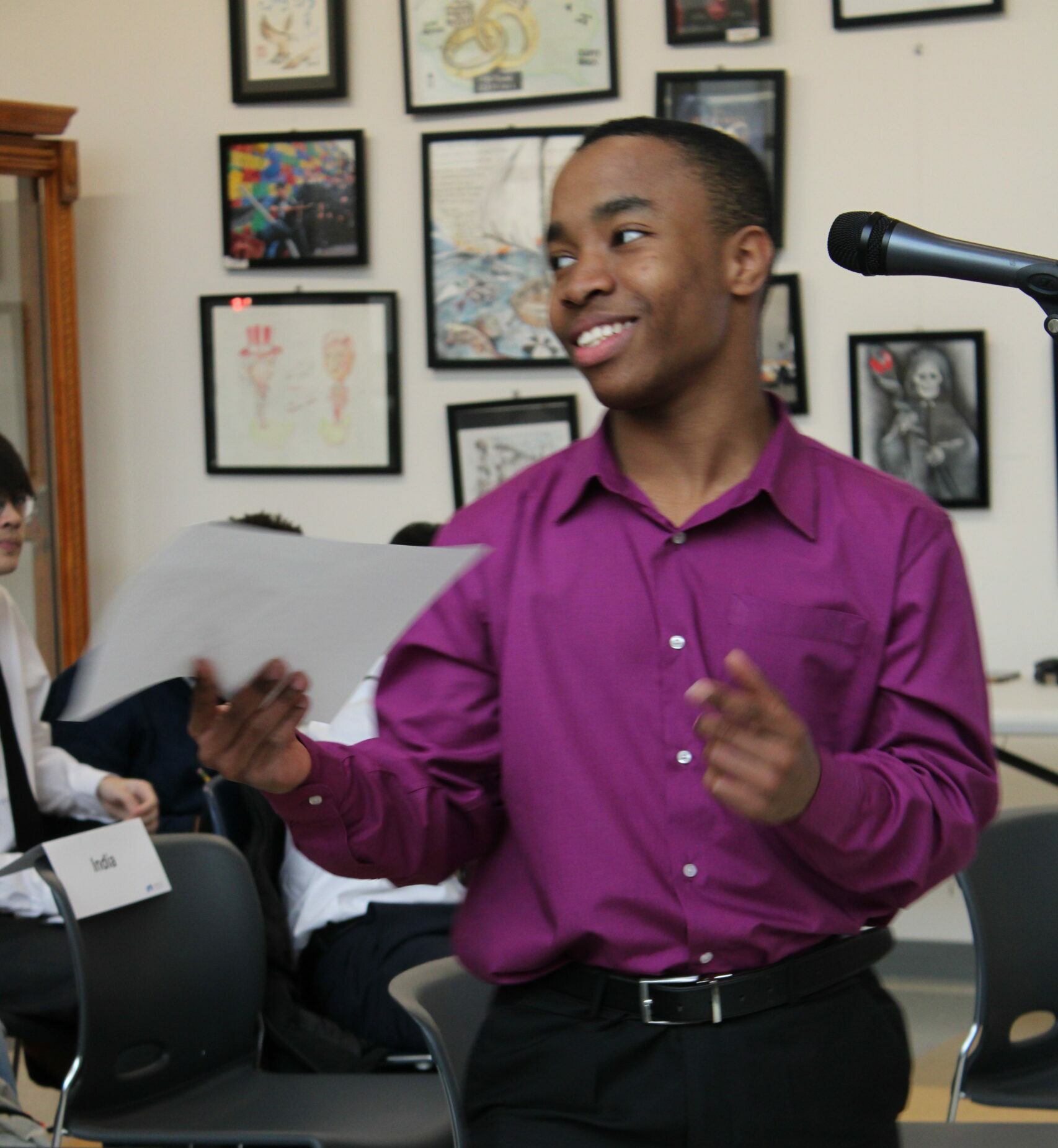
The United Nations is an international organization of 193 countries founded after World War II to maintain international peace, promote positive country relations, and improve living standards. Often abbreviated to the UN, this organization meets regularly in New York to discuss current events and potential solutions. The UN was originally founded to ensure there would not be a third world war, but it has evolved since then.
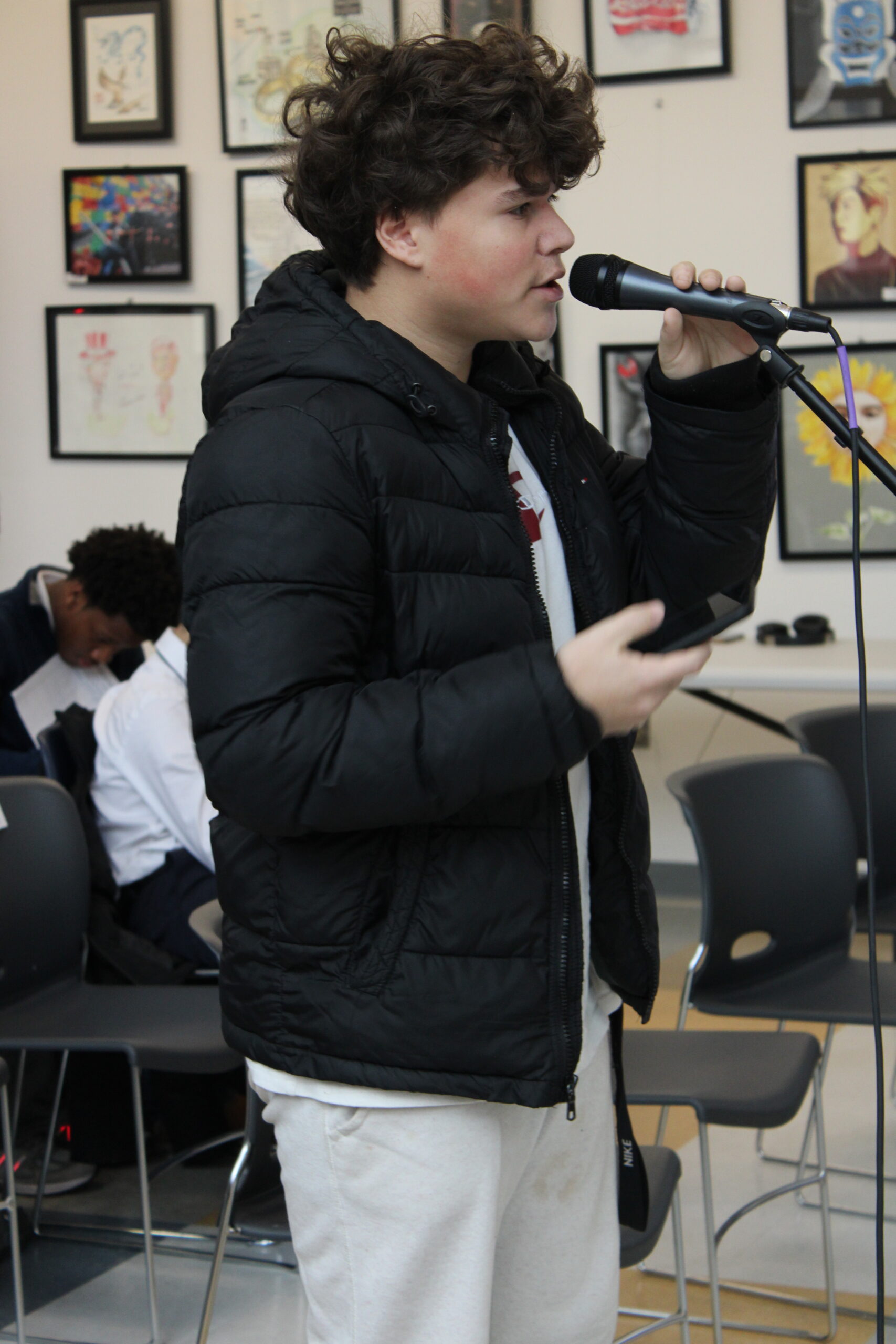
At Malden High, junior students enrolled in College Prep or Honors Modern World History partake in a grade-wide roleplay of the UN, dubbed Model UN. Students work in pairs to represent countries and discuss with other representatives how to protect and help their country’s citizens.
Kurtis Scheer, teacher leader of the Social Studies department, has been working since September to prepare for this year’s simulation. After meeting with a representative from The United Nations Association of Great Boston (UNAGB), “we went over logistics and looked over the curriculum to provide troubleshooting and questions for teachers that haven’t taught it before,” Scheer explained.
Malden High has been running this program for approximately fifteen years, but it has not looked the same every year: “We’ve changed a couple of different times from the sizes of our simulations, sometimes a smaller room with less people.” There are benefits to both a smaller and larger simulation, as a smaller room generally leads to “more and better conversations,” but a larger room allows for “a diverse school of thought,” Scheer explained.
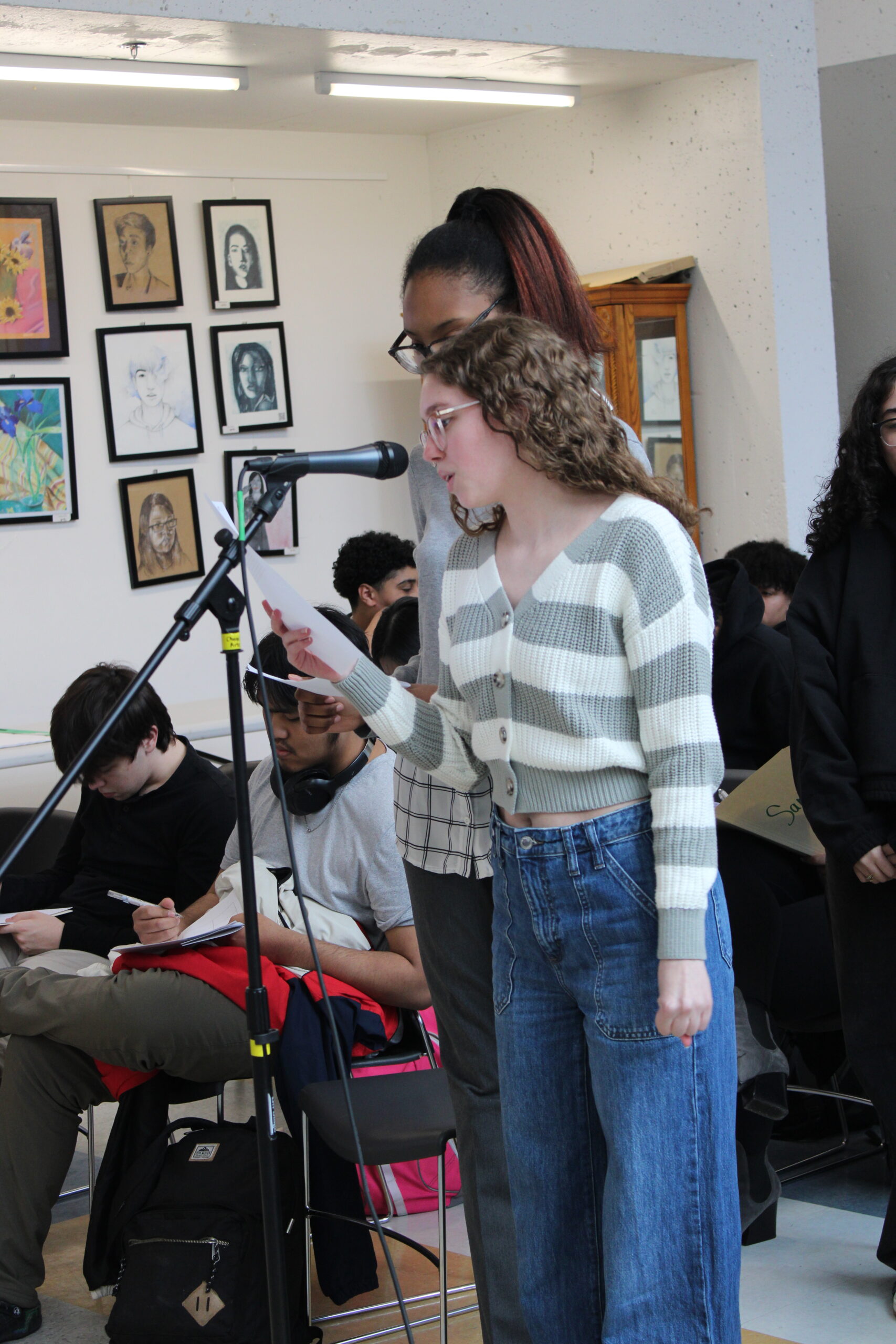
This year, Model UN was run in three sessions in the gallery. Even still, for Egypt Representative Karla Duenas, the biggest issue was interacting with people with so many different representatives, “There were a lot of people and you couldn’t easily tell who everyone was. It was a lot harder to form blocks than I wish it would have been.”
Duenas did not love the location chosen either, as the setup felt crowded. “I wish we had tables. We were writing on our laps because we didn’t have anything else,” she explained, suggesting the possibility of using the cafeteria in future years for more space and tables.
LeBron Wright, Representative of Taiwan, detailed that despite his apprehension, “I think this can help me get a little bit more comfortable with public speaking. It’s definitely pretty difficult.”
His sentiment was shared with Adam Machmouchi, representing Türkiye, who expressed his concern, “There’s going to be a lot of kids there.”
For Scheer, however, his biggest concern was “navigating the complexity of global politics right now.” Recent conflicts that have gained traction in the news, such as the Israel/Palestine or Russia/Ukraine conflict are multifaceted, and it is hard to cover all aspects. “Ensuring that every country has a clear outline of their role in the world” is Scheer’s goal, but he expressed that perfection is never possible.
Some students expressed outcry at Palestine not being recognized as a country by the UN, and hence not having a say in Model UN nor the official United Nations. Since 2012, Palestine has been recognized as a “non-member observer state of the United Nations” and not as a member, due to not passing the vote to be recognized as a member country. Model UN did not recognize Palestine as a member state either, which certain students were upset by, especially due to recent circumstances in Palestine and Israel.
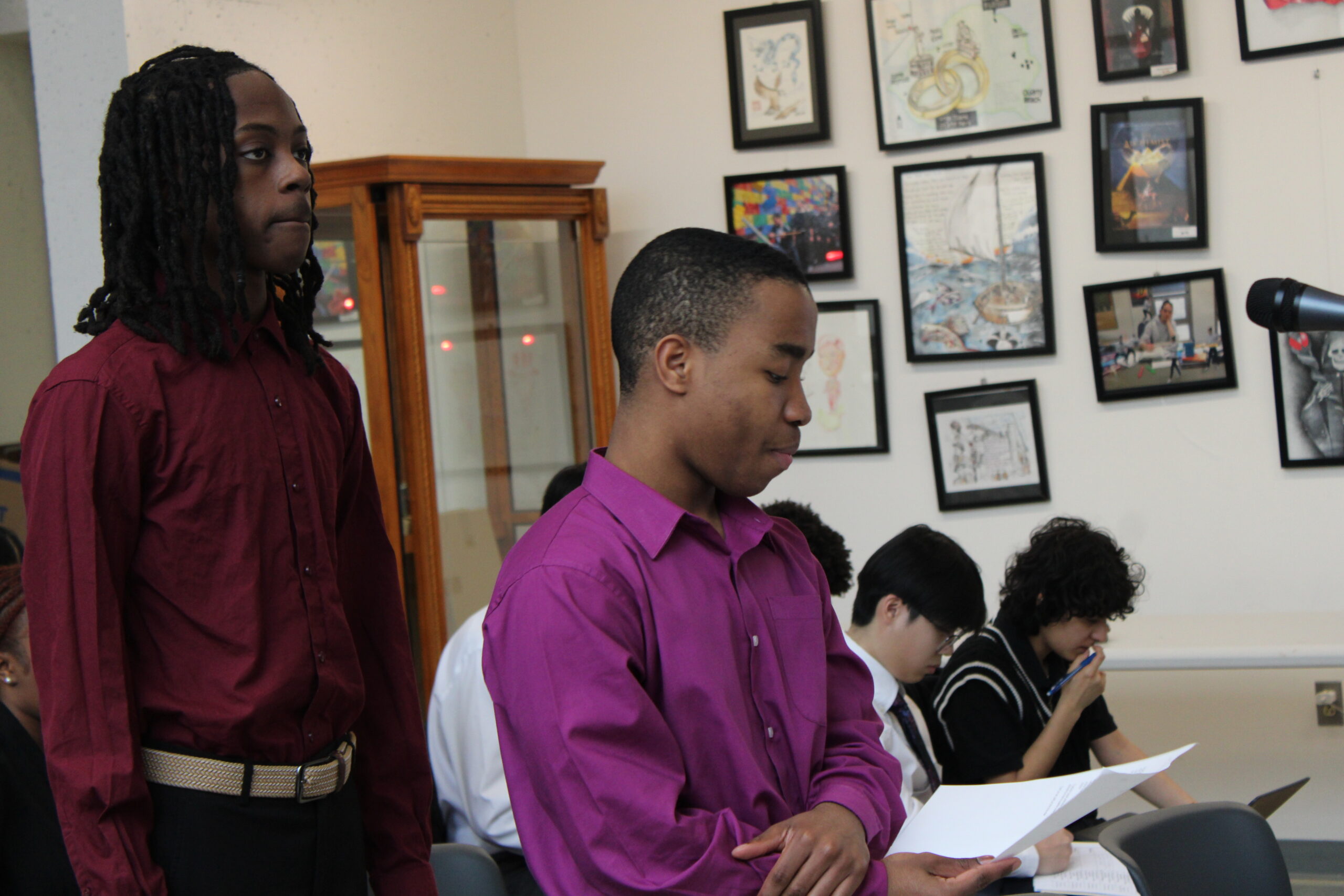
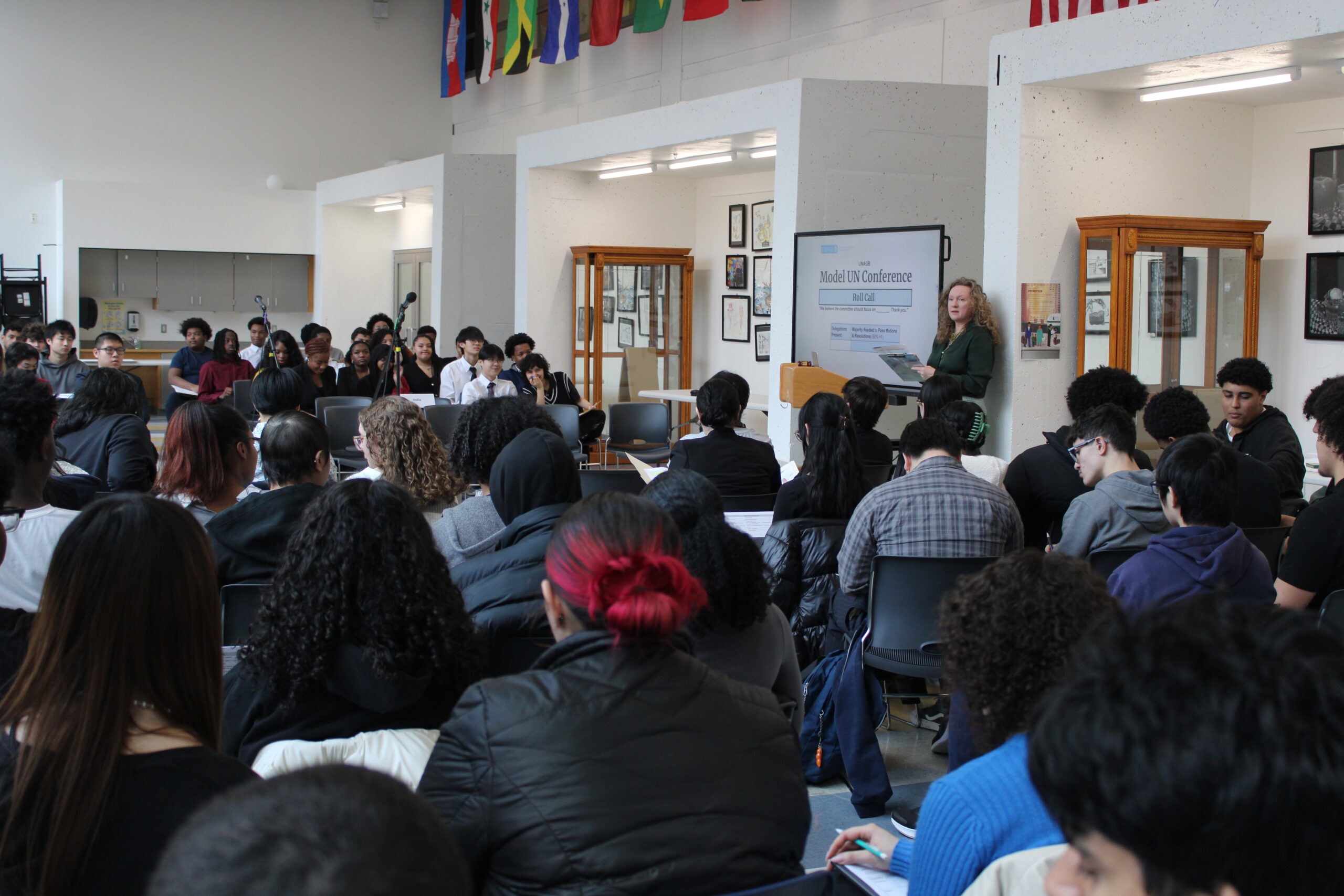
At Malden High, the administration is focusing on inter-student relations and empathy, hence the creation of the Advisory Block; Model UN is based on finding common ground and solving issues united. “In essence, it’s all student-run, student-driven, and student discussion and collaboration.” The discussion is facilitated by the students solely, except for the one chairperson who ensures the conversation stays on track. “So essentially, it’s students talking for two and a half hours with one another on major political issues, global issues, and collaborating,” Scheer professed.
The best aspect of this, in Scheer’s opinion, is that everything done in Model UN can help students outside of class. “These are all real-world skills that you need to have. We’re just using the UN as a vehicle to do that.”

